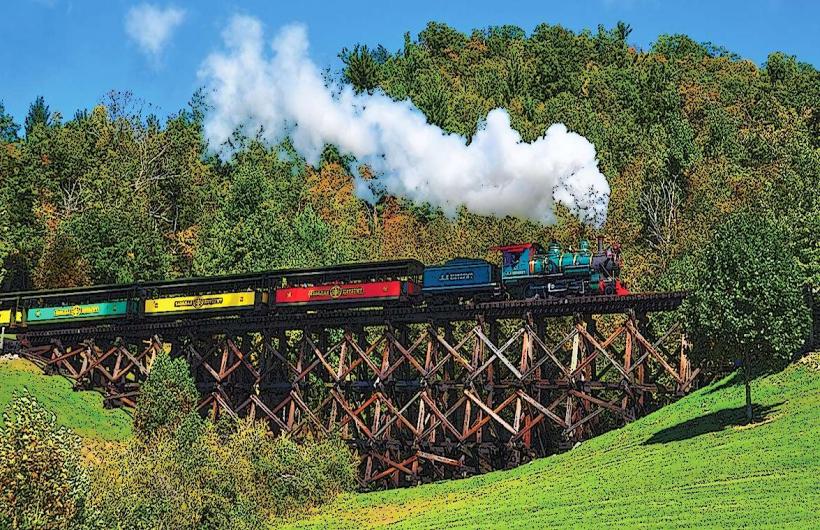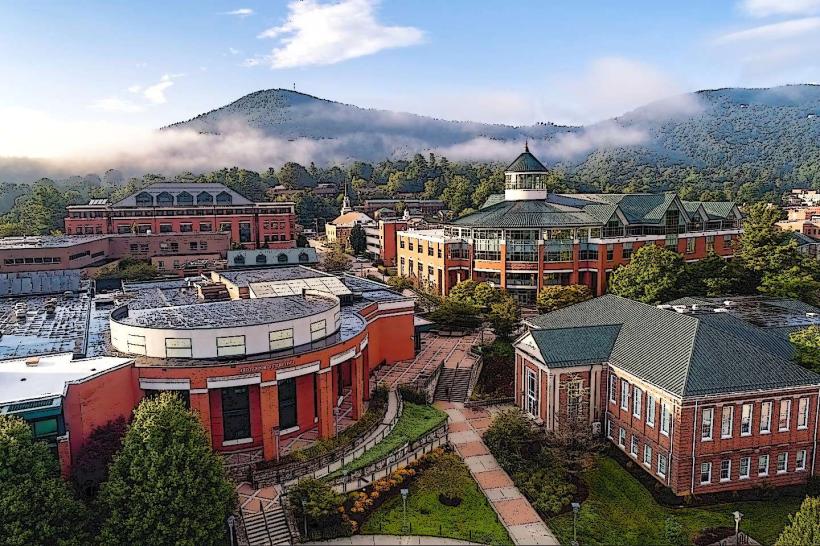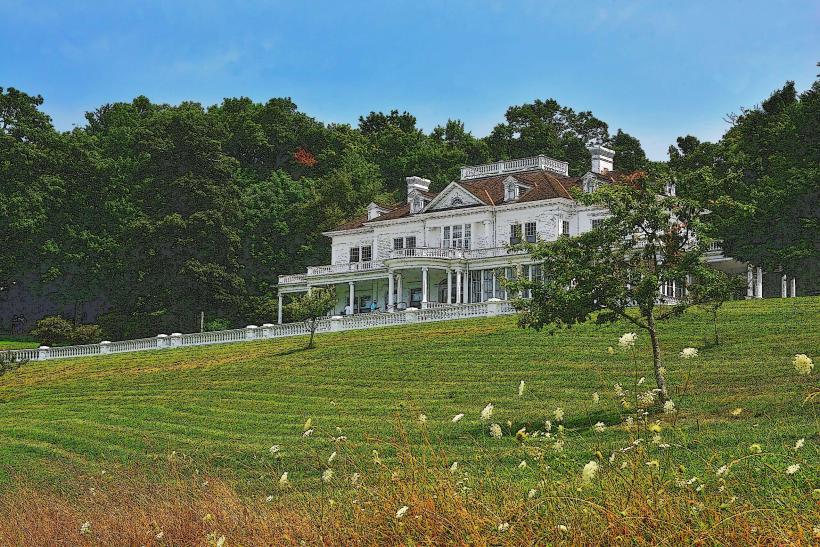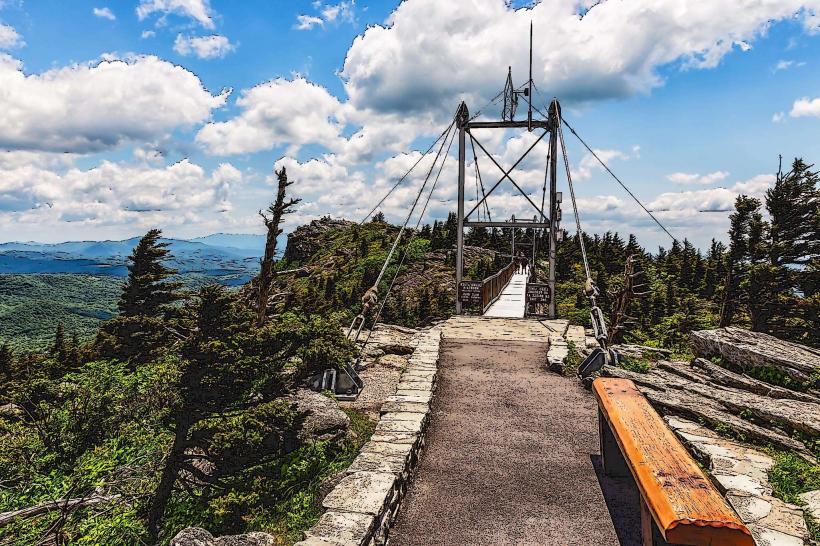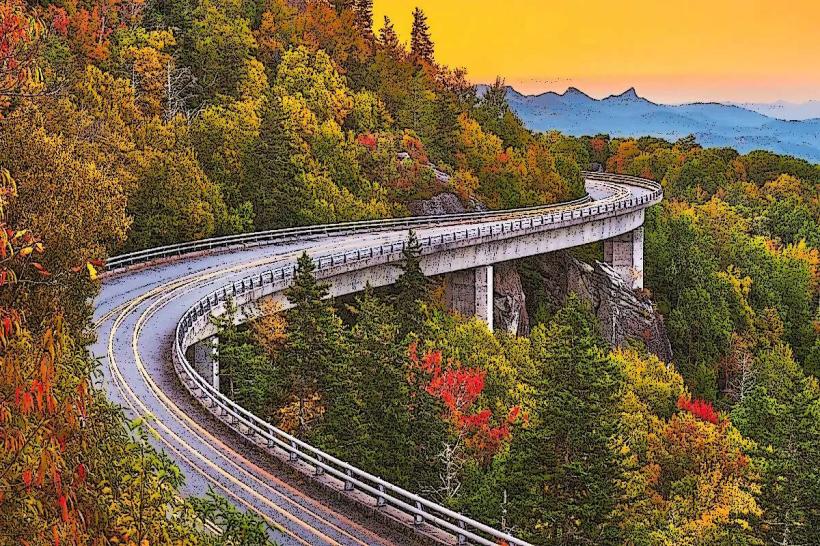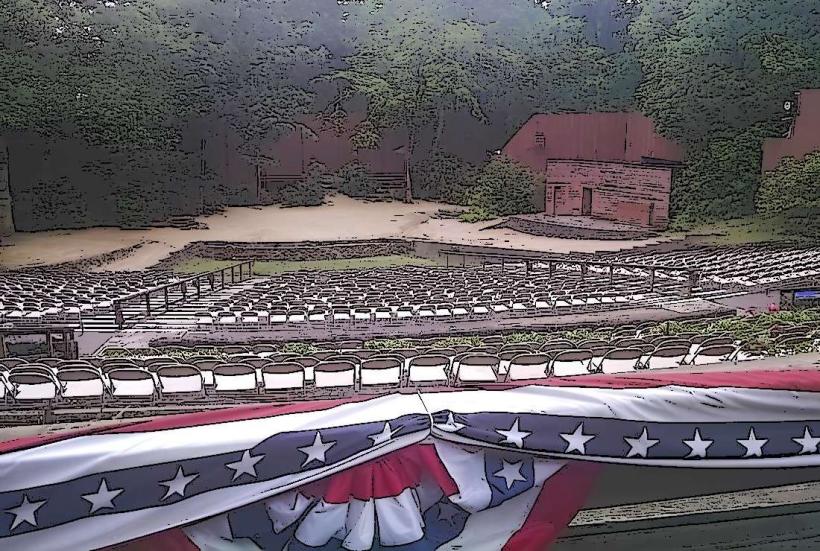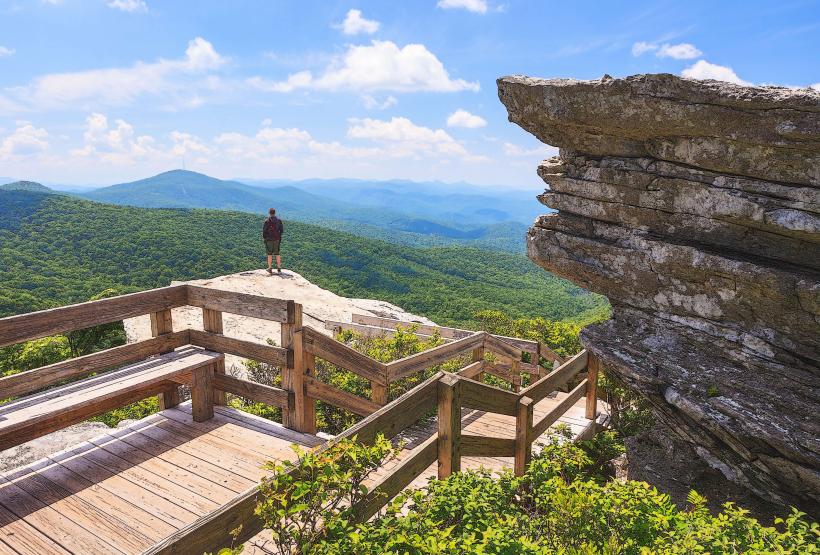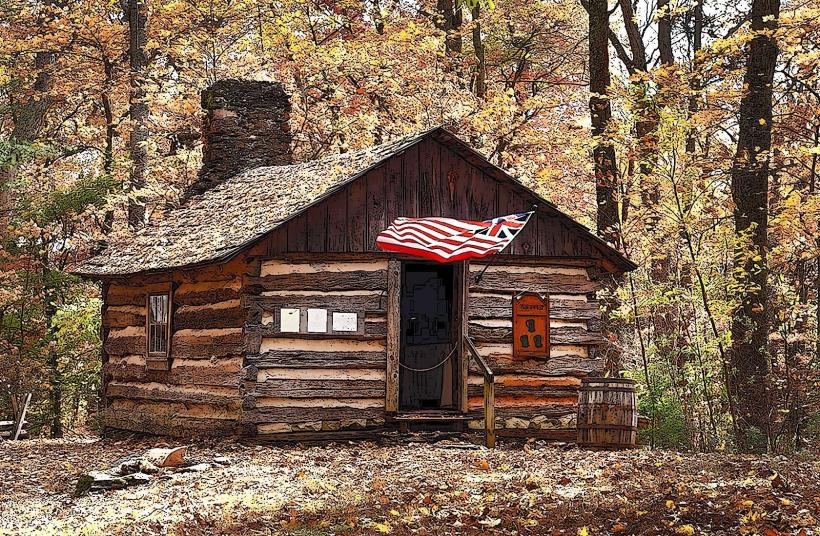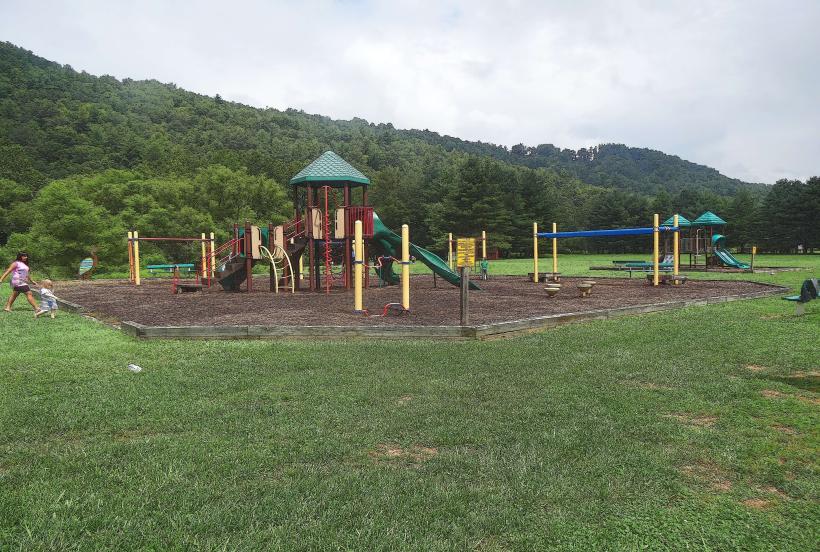Information
Landmark: Daniel Boone Native GardensCity: Boone
Country: USA North Carolina
Continent: North America
Daniel Boone Native Gardens, Boone, USA North Carolina, North America
The Daniel Boone Native Gardens is a botanical garden located in Boone, North Carolina. It showcases a collection of plants indigenous to the Appalachian region.
Visual Characteristics
The gardens feature a variety of native trees, shrubs, and wildflowers arranged in distinct ecological zones. Paths are constructed from gravel and natural stone. The landscape includes small water features and rock outcroppings.
Location & Access Logistics
The gardens are situated at 658 Horn in the West Drive, Boone, NC 28607. This is approximately 3.2 kilometers (2 miles) west of downtown Boone. Access is via US Highway 321 North. Parking is available on-site in a designated gravel lot. Public transport options are limited; the nearest bus stop is several kilometers away.
Historical & Ecological Origin
Established in 1962, the gardens were conceived as a living museum to preserve and educate the public about the flora of the Southern Appalachian Mountains. The site is part of the larger Appalachian ecosystem, characterized by its diverse temperate forest environment.
Key Highlights & Activities
Visitors can walk the marked trails to observe plant species. Specific areas are dedicated to different habitats, such as woodland, meadow, and stream bank environments. Educational signage identifies plant species and their ecological roles. Photography is permitted.
Infrastructure & Amenities
Restrooms are available near the entrance. Limited shaded areas are provided by mature trees. Cell phone signal is generally available (4G/5G). No food vendors are located within the gardens; visitors should bring their own provisions.
Best Time to Visit
For optimal viewing of blooming wildflowers, late spring (May-June) is recommended. Autumn foliage provides visual interest from September to October. Mid-morning offers good natural light for photography.
Facts & Legends
A notable feature is the "Witch's Garden," a section dedicated to plants historically associated with folklore and traditional remedies. The gardens are maintained by volunteers from the local community.
Nearby Landmarks
- Horn in the West Outdoor Drama (0.1km North)
- Tweetsie Railroad (4.8km Southwest)
- Appalachian State University (3.5km East)
- Howard's Knob State Natural Area (4.0km Southeast)

